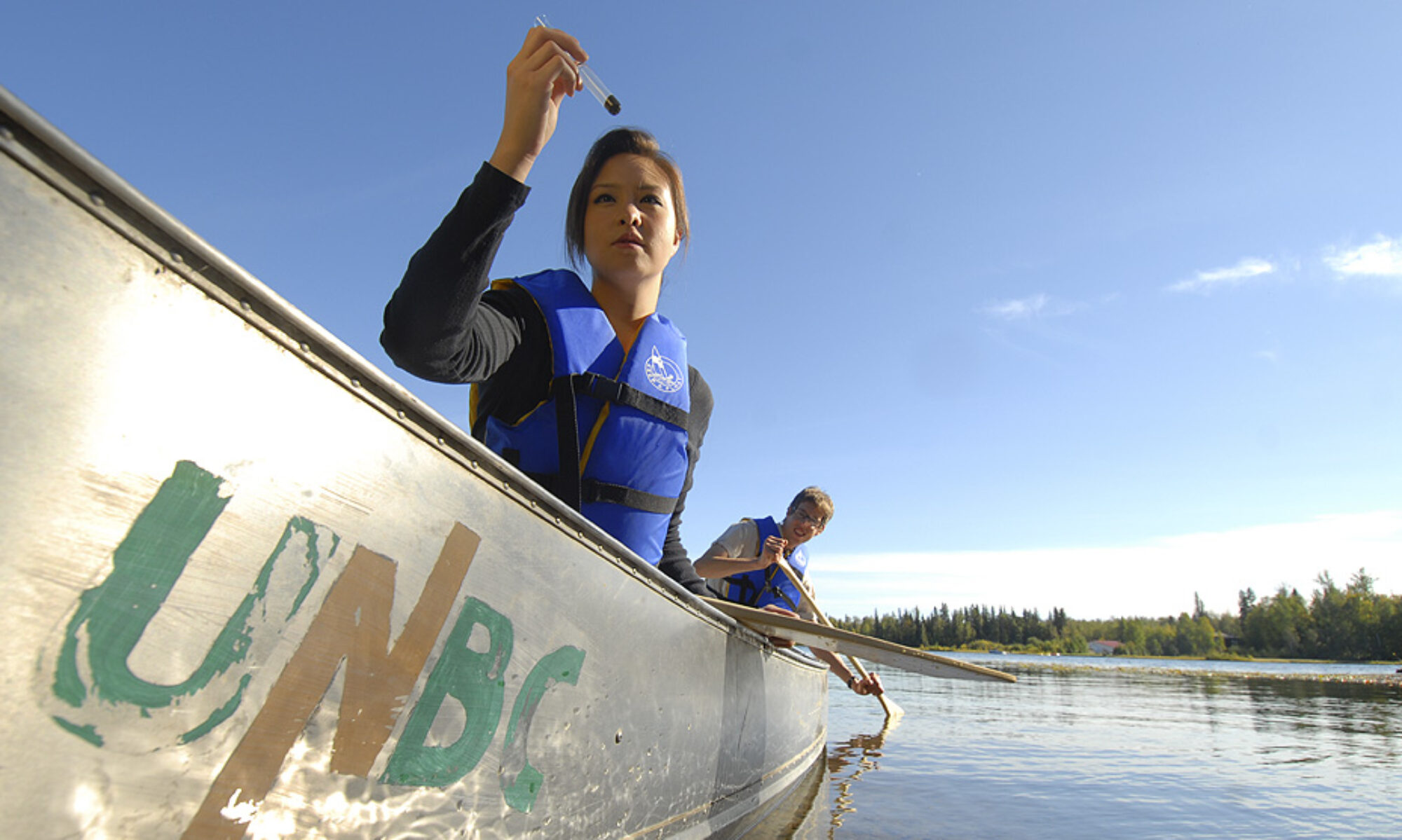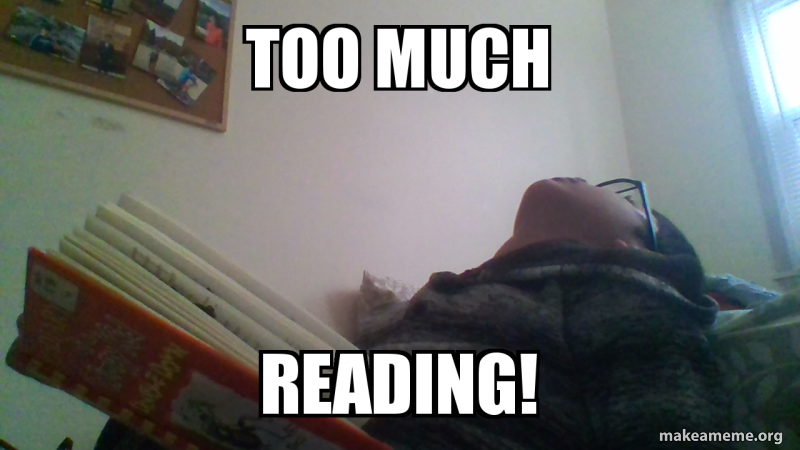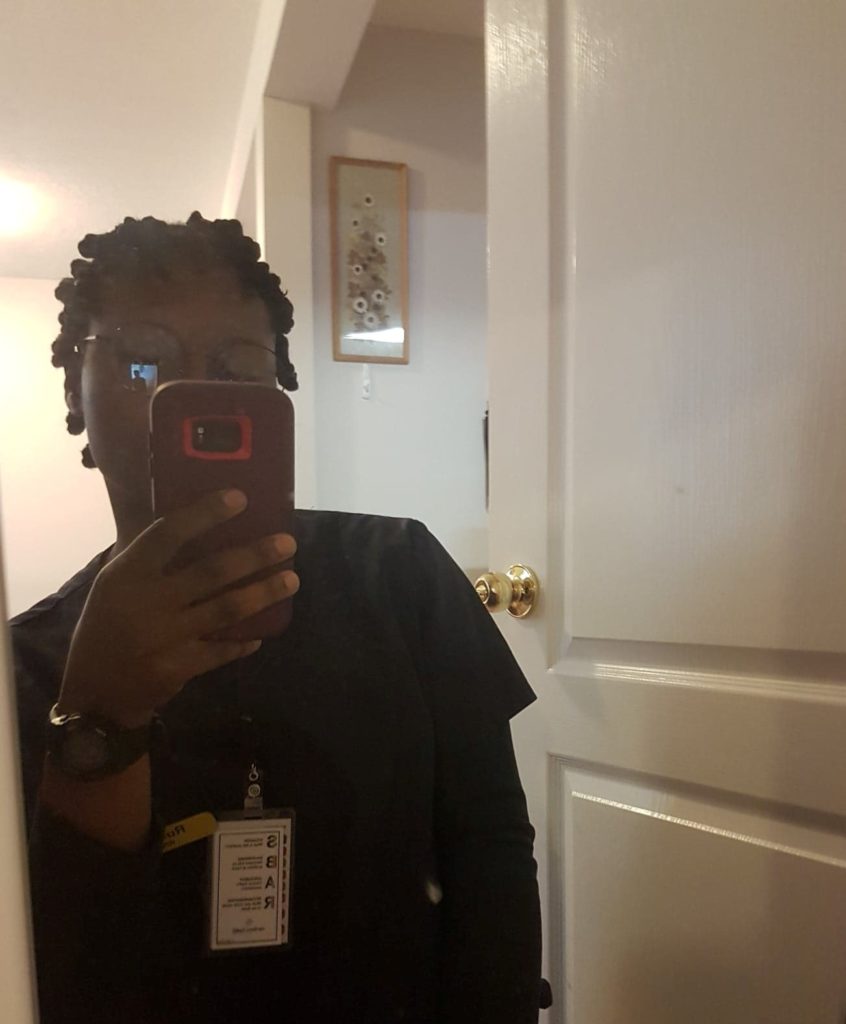
We live in the computer age – one marked by technological advances and digital revolution. The global transformation brought about by this revolution continue to challenge the old ways of doing things. In education, examples abound where technologies have completely revitalized teaching and learning methods. The creation of online learning spaces has afforded many the opportunity to learn at a pace that works for them. For instance, distance education is now an option offered by most colleges and universities to accommodate individuals that juggle multiple responsibilities such as work, family, business etc. This was all before the corona virus pandemic. With the restrictions currently in place (given the present COVID 19 reality), in terms of social distancing and public gathering limits, more and more colleges and universities – including high schools, middle and elementary schools – have had to transition to a hybrid teaching model, with some of them moving entirely to online delivery.
I am currently enrolled in a world wide web program offered by the University of Northern British Columbia. Although I live in the city where the university is located, I can be situated anywhere in Canada and beyond and still connect with my professors and peers virtually while fulfilling the requirements of my courses, provided I have a stable internet connection. For individuals enrolled in an academic research program like me, although the ability to have an in-person contact with one’s program supervisor is certainly appealing, synchronous virtual interactions via application software like Zoom and Microsoft teams afford one the opportunity to stay connected. As with face-to-face interactions, live videoconferencing can allow for personal interactions and the provision of immediate feedback on any work submitted or issues discussed.
Generally, research students tend to have the desire to gain some research experience with professors affiliated with their university of study prior to embarking on their actual individual project. As such, one might be quick to conclude that this is not feasible with distance learning. To which, I can say with certainty that this is not the case at all – being a distance learner myself. I currently work remotely as a cognitive interviewer with the BC office of patient research. This job involves me conducting interviews with participants located in different parts of BC from the comfort of my home. The qualitative interview skill gleaned from this employment will definitely be useful as I engage in my own independent research project. There are other ways to gain research experience while working remotely; for instance, conducting literature reviews and scoping reviews for professors who are preparing for a large-scale study.
In the age of COVID 19, virtual learning certainly has its appeal as it makes education accessible in a time where the more traditional form of face-to-face learning might not be that feasible. The question of whether online learning will replace the classroom once the pandemic fizzles out is a highly debated topic in academia and beyond. While we cannot overemphasize the perks of virtual learning, we certainly cannot overlook its disadvantage. Humans are social creatures by nature; and, most people thrive in social environments. Learning loses its appeal in the absence of human interaction, that is, the ability to dialogue in person with fellow colleagues in real time. In spite of the argument that could be posited of synchronous learning proffering this same “real time” interaction, traditional classrooms offer students a level of intimacy that cannot be gotten through any virtual means. It behooves one to yet again reiterate the ultimate question: is virtual learning really the future? Only time will tell.



